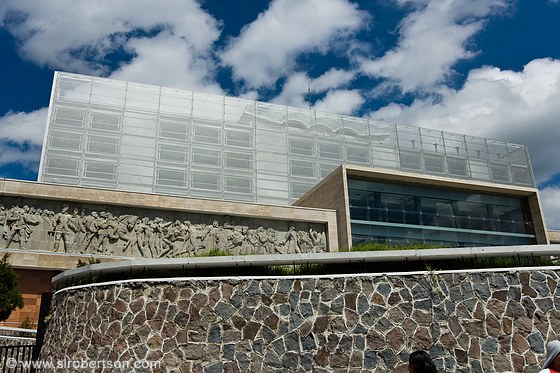The National Assembly of Ecuador elected yesterday, Sunday, its authorities in a session marked by tension given the impeachment trial that the president of the country, Guillermo Lasso, will face for alleged embezzlement before the legislative plenary next May 16.
Independent legislator Virgilio Saquicela was reelected as president of the National Assembly. He will continue for 2023-2025 in his position in May 2022, when the opposition ousted Guadalupe Llori from the indigenous movement Pachakutik.
Of the 136 assembly members present at the session, Saquicela obtained 96 preceding votes from the Union for Hope Movement (Unes), led by former Ecuadorian president Rafael Correa (2007-2017), from the Social Christian Party (PSC), a former ally of Lasso, as well as from independents, part of the Democratic Left and Pachakutik.

Together, they form an opposition majority that will continue to control the Legislative in Ecuador.
Marcela Holguín, from the “correista” Unes movement, was reelected as the first vice-president of the Assembly, while Esteban Torres, from the PSC, was reelected as the second vice-president.
Holguín was reelected with 94 votes, and Torres with 100 out of 132 Assembly members present.
For the designation of authorities, who took office in the same session this Sunday, an absolute majority was required, at least 71 votes.
Saquicela, who votes with the legislative opposition, offered to legislate in favor of Ecuadorians.
“My oath before the Ecuadorian people, before the 18 million constituents, my commitment to work together for more laws to strengthen education, health, employment, security and walk towards the prosperity of Ecuadorians,” he said after taking the oath of office.
The ruling party voted against the new legislative authorities a few days before Lasso went to the plenary of Congress to defend himself in the political trial against him, a process that could lead to censure and removal from office.
For the dismissal, 92 votes are required, equivalent to two-thirds of the members of the 137-member legislative body.
In this Sunday’s session, the Council of Citizen Participation (CPCCS) members, elected in the sectional elections of last February 5 and whose functions will last four years, were also sworn in.
The CPCCS is a State body in charge of appointing several necessary State authorities.
Ecuador news, English news Ecuador, Ecuador Congress, Ecuador Council of Citizen Participation (CPCCS) , politics Ecuador, political news Ecuador,

